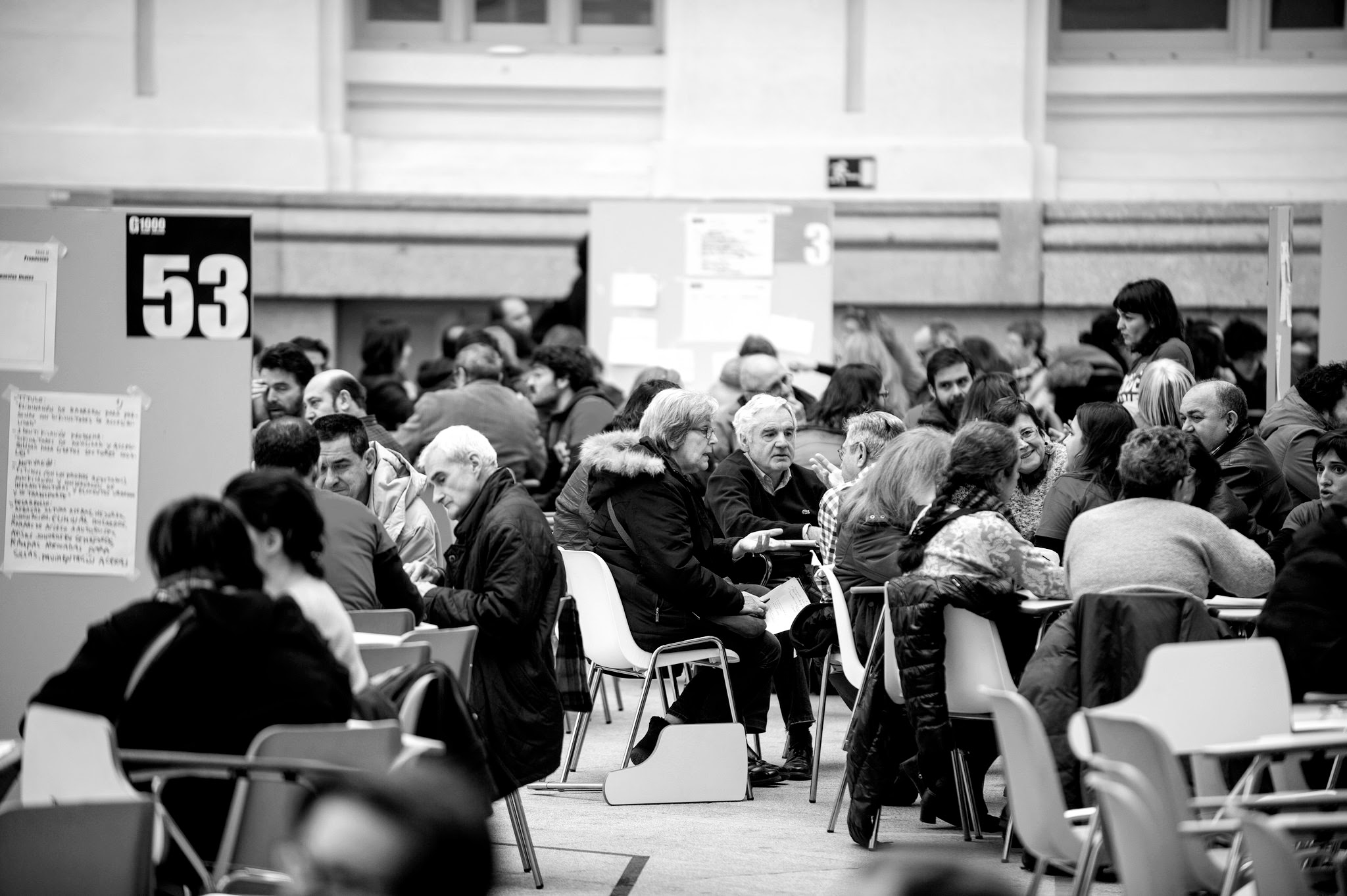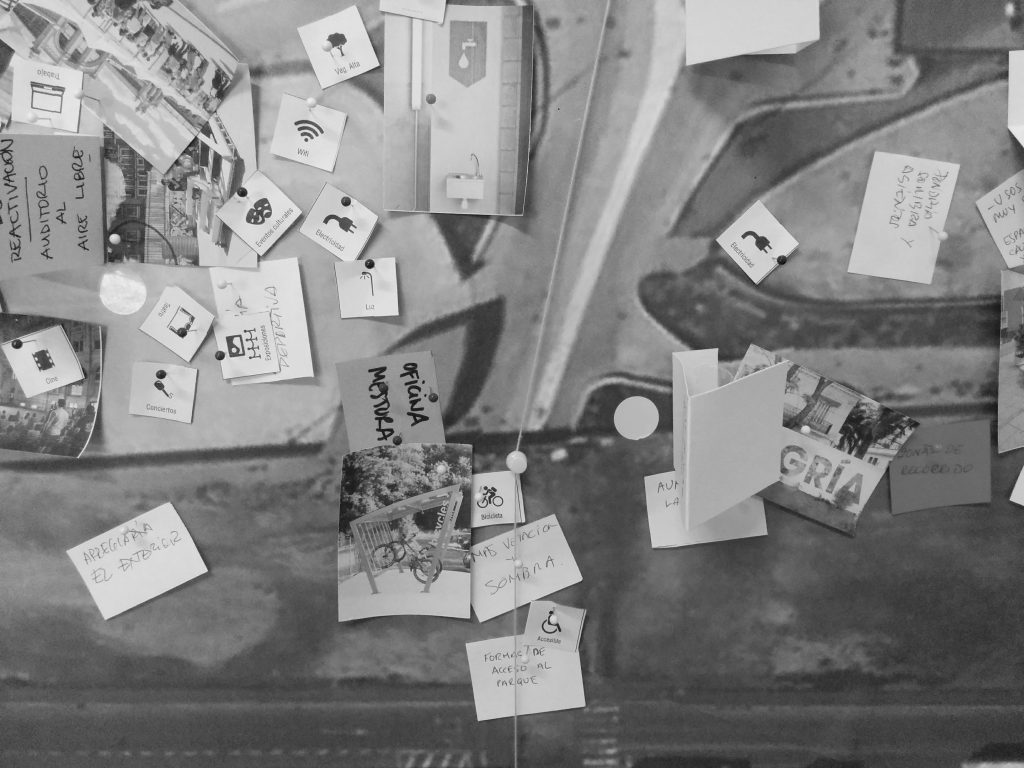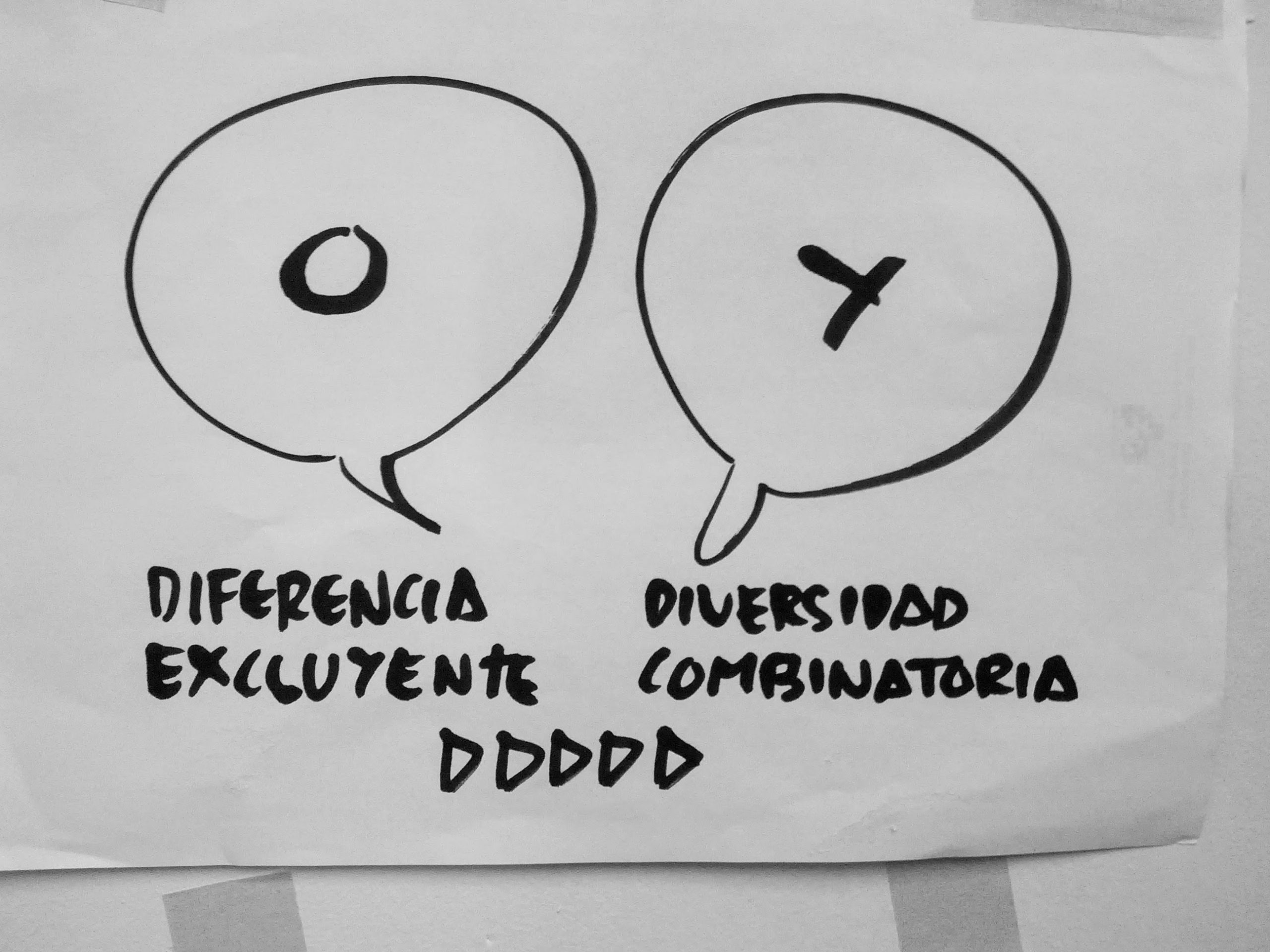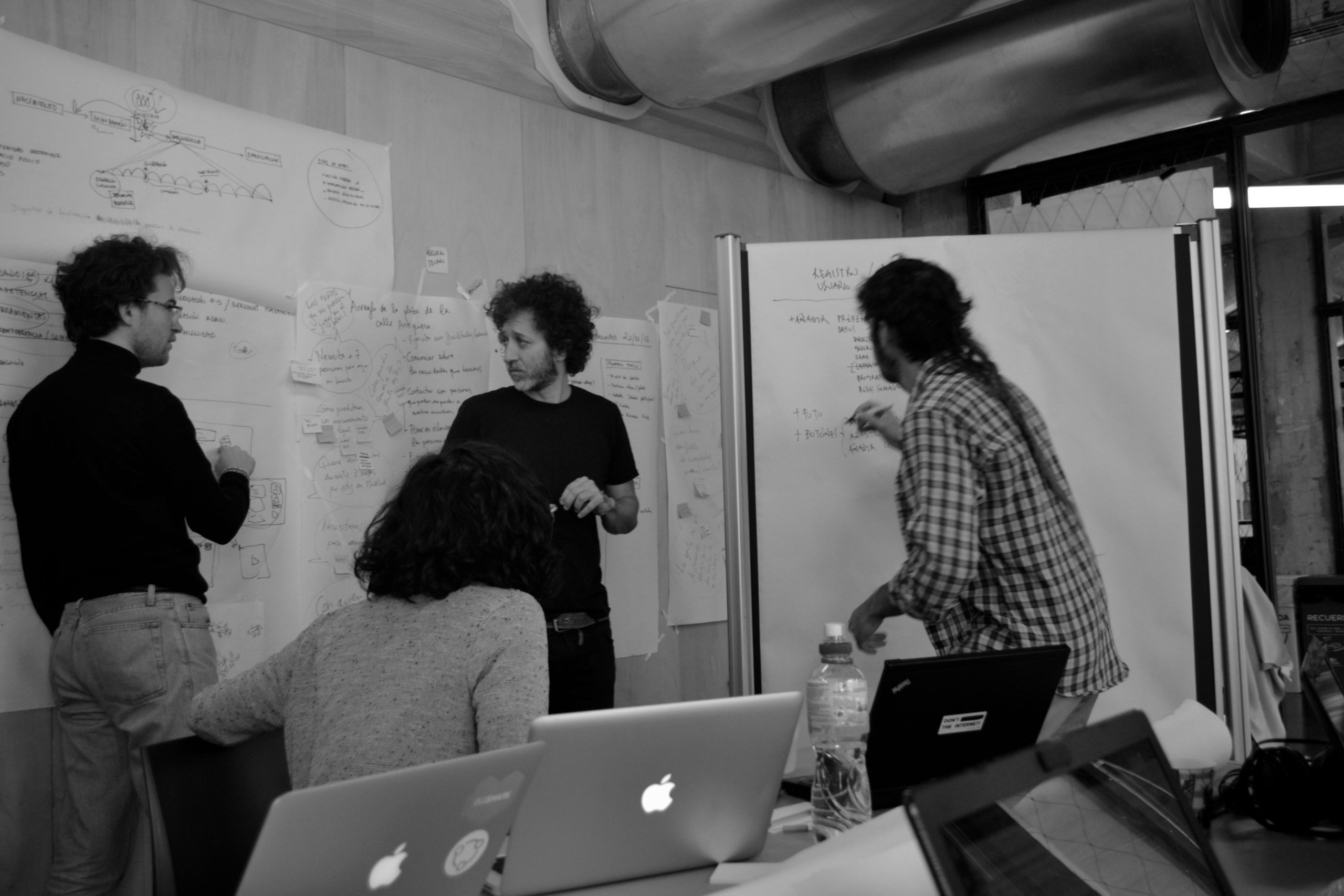Your cart is currently empty!

Tips for a successful participatory workshop!
Participatory workshops are interactive sessions where participants actively engage with each other and the facilitator to share knowledge, skills, and perspectives in order to achieve a specific goal or outcome.
Some key elements of a successful participatory workshop include clear and well-defined objectives, active engagement and participation from all attendees, a flexible and adaptable agenda, and a skilled facilitator who can guide the group towards achieving the desired outcome. Additionally, it’s important to create a comfortable and inclusive environment, where all participants feel safe to express their ideas and opinions. To ensure a successful workshop, it’s also important to establish clear communication channels and set expectations for follow-up and next steps.
To create a successful participatory workshop, you need to determine who is going to be involved, what their roles and responsibilities will be, and how decisions will be made.
Before deciding to create such a workshop, it is very important to ask: who are you inviting? What do you want to achieve with such a workshop? Understand the Whys, not just Whats.
Is this the workshop for a clear purpose, or is it just a setup for a ride? What does it mean to “improve” processes? These different questions can be answered in two ways. Based on this it may be either a workshop with purpose — or a workshop with riders.
The workshop should be about trying new ways of working to create an inclusive, resilient, and democratic city; should be about understanding what we do and why we do it.
A workshop with purpose asks for a definition of success. How can you define success for «improving processes»? How can a workshop improve processes? BOTH in this and every other workshop? Such a workshop takes a specific objective as a starting point?
Defining success for a workshop aimed at improving processes can be done by setting specific and measurable objectives. These objectives should be aligned with the overall goal of the participatory or co-design process. A workshop can improve civic design processes by fostering active participation and collaboration among attendees, encouraging the sharing of knowledge and ideas, and providing a structured and facilitated environment for problem-solving and decision-making.
It’s also important to keep in mind that the improvement of civic design processes is an ongoing task and a workshop is only one step in this process. The outcome of the workshop should be followed up and tracked in order to ensure that the improvements suggested during the workshop are implemented and that they are effective.
All these experiences can be captured in your participatory processes. And they all make sense as high-quality learning. While working on such an improvement, there is a chance to learn more about what «works» and what «doesn’t work».
And what do you think? How do you deal with these situations?
This content is part of my work on a new version of the Civic Design Method White Paper. If you want to know more follow me @urbanohumano.

Civic Design Method
Discover how the Civic Design Method can help you in your CItizen-led Urbanism and Co-Design projects.
Save time in the complex development of your strategy for the activation of a collaborative process for your Civic Innovation and Civic Intelligence projects.






Post a comment